Bundi, a captivating town situated nearly 36 kilometres from Kota, carries with it the aura of a timeless fairy tale. Bundi's enchanting charm stems from its idyllic location, surrounded by guava and mango orchards, set against the backdrop of the Aravalli hills, and sustained by rivers and fertile fields of barley and wheat. The best time to visit Bundi is from October to March, as the climate becomes exceptionally pleasant, offering perfect weather for exploration.
Historians believe that Bundi was the capital of the Hadoti Kingdom, a region renowned for its cutting-edge art and sculpture. In 1624, when Kota declared itself an independent state, Bundi began to lose its dominance. Much like Jodhpur, Bundi’s architecture is known for its distinctive blue tint, crafted not only for beauty but also to keep interiors cool during the scorching summers, evident in its finely carved pillars and brackets. This unique blend of history and architecture makes it one of the top places to see in Bundi.
However, Bundi’s appeal does not stop there; the city is also renowned for its majestic medieval forts, ornate palaces, traditional havelis, and intricately designed stepwells, all of which form the heart of its tourism appeal. These landmarks not only reflect Bundi’s glorious past but also showcase its unmatched architectural brilliance. Here is more information on the places to visit in Bundi for a perfect glimpse of history.
Top 10 Places to Visit in Bundi
- Taragarh Fort
- Moti Mahal
- Sukh Mahal
- Garh Palace
- Chhattra Mahal
- Hathi Pol
- Shikar Burj
- Badal Mahal
- Phool Sagar
- 84 Pillared Cenotaph
Taragarh Fort
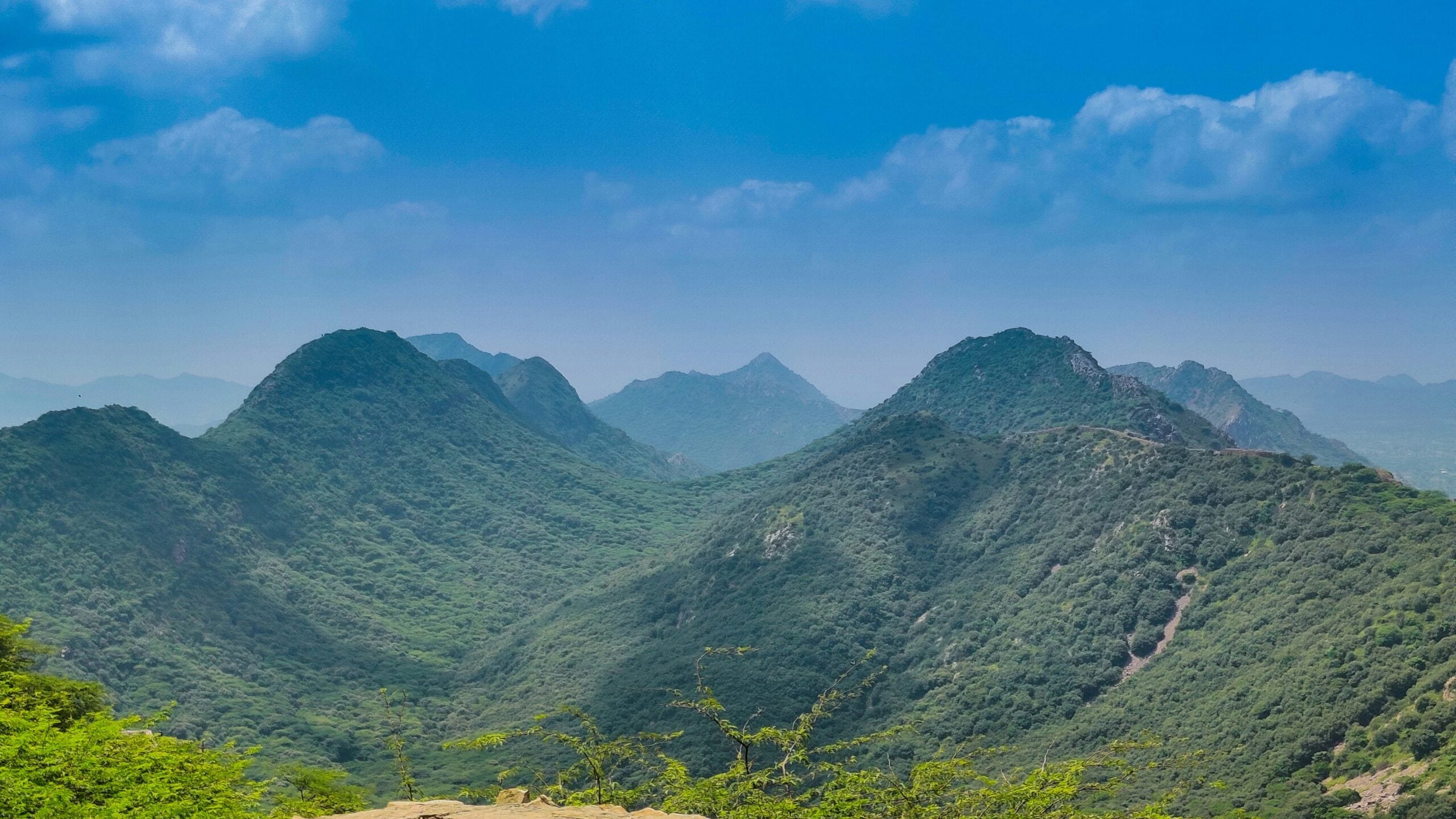
In addition to its ancient history, the city is celebrated for its stunning temples, which feature elaborate carvings, mesmerising sculptures, and beautiful murals. It was during this time that Rao Deva established the princely state of Bundi, and the foundation of this massive fort was laid. Famously called the Star Fort, it rests high on a steep hill and offers breathtaking panoramic views of Bundi city, nestled in the Nagpahari hills of the Aravalli range, making it one of the most iconic Bundi tourist places.
The fort welcomes visitors through three imposing gateways, followed by winding tunnels, fortified walls, and ramparts. Another major attraction within the fort is the Rani Mahal, built exclusively for the queens and royal consorts of that era. Tourists particularly enjoy visiting the fort at sunset when the fading golden rays bathe Bundi in a magical glow, offering a truly surreal experience.
Moti Mahal
Located in the Hadoti region of Rajasthan, Bundi is a quaint town about 250 km from Jaipur and just 39 km from Kota. Combining history, art, and scenic surroundings, Moti Mahal is one of Bundi’s most treasured gems. Known for its stepwells, forts, lakes, and palaces, this place preserves a rustic charm that is hard to find elsewhere. The palace offers mesmerising views of the rugged Aravalli hills, making it a visual delight and a must-visit on the list of things to do in Bundi.
Sukh Mahal
A key natural attraction is the breathtaking Grand Canyon of Bundi, referred to by locals as the Garbha Gunjan. The highlight of this graceful palace is its elegant white marble chhatri adorning the rooftop of the second floor. Serving as a summer retreat for royal princes, this cosy palace has now been transformed into a small museum that displays artefacts of historical significance.
Adding to its beauty are the blooming lotuses that cover the lake's surface after the monsoon season. Sukh Mahal also gained literary fame because Rudyard Kipling resided here during the time he worked on his famous novel, Kim. This association makes the palace a must-visit destination for both history enthusiasts and literature lovers, and one of the most charming places to visit in Bundi.
Garh Palace
Situated in Kota, Rajasthan, the Garh Palace is a sprawling complex that houses numerous structures within its walls. Also referred to as the City Palace, it was developed over several centuries by different rulers, each adding their own touch of Rajput and Mughal artistry. Inside, one can admire beautifully decorated rooms with mirror-lined ceilings, glittering walls, and intricately designed floors made of pristine marble.
The palace is surrounded by lush gardens that further elevate its charm. Adding to its grandeur is a museum that showcases royal artefacts, traditional regalia, ancient weaponry, and much more. Garh Palace remains one of the finest examples of Bundi’s regal heritage and artistry.
Chhattra Mahal
This palace stands as a symbol of royal magnificence with its ornate carvings and dazzling frescoes that transport visitors back to Bundi’s golden age. Every corner of the palace reflects the grandeur of Rajasthani heritage and offers a glimpse into the opulence of the past.
For those interested in Bundi’s cultural vibrancy, the surrounding bazaars provide an opportunity to explore authentic handicrafts like jewellery, textiles, and ceramics crafted by local artisans. A visit to Chhatra Mahal is not only about admiring its splendid architecture but also about experiencing Bundi’s deep-rooted artistic traditions.
Hathi Pol
Travellers visiting the grand Garh Palace in Bundi pass through two impressive gateways, the most notable of which is the magnificent Hathi Pol. Commissioned by Rao Ratan Singh, this grand gateway features two massive stone elephants, each depicted blowing bugles, symbolising strength and victory. The impressive architecture of Hathi Pol makes it a significant landmark in Bundi and a fascinating site for history buffs and tourists alike, often highlighted in many Rajasthan family tour package itineraries.
Shikar Burj
Nestled amidst the forested surroundings of Bundi lies the Shikar Burj, a historic hunting lodge once owned by the region's rulers. Near the Sukh Mahal is the Shikar Burj, a hunting lodge that functioned as a peaceful getaway for the kings of Bundi. It was here that Maharaja Umed Singh, after abdicating the throne in the 18th century, chose to live in seclusion.
Currently, Shikar Burj is one of those places to visit in Bundi, Rajasthan, where people can relax in a calm and natural environment. Surrounded by greenery and history, it serves as a perfect blend of relaxation and heritage for travellers exploring Bundi.
Badal Mahal
Within the grounds of Taragarh Fort stands Badal Mahal, one of the most popular Bundi places to visit, renowned for its striking artistry and historical significance. This chamber is famous for its exquisite wall and ceiling murals, which remain among the best-preserved examples of Bundi’s artistic brilliance.
The ceiling, designed in the shape of lotus petals, is adorned with vibrant frescoes depicting peacocks, Lord Krishna, and floral patterns. Interestingly, the style exhibits traces of Chinese influence, suggesting Bundi’s historic trade ties through the opium route. Below Badal Mahal lies the Zenana Mahal, once reserved for royal queens, decorated with paintings that depict court life and royal festivities. Together, these structures provide deep insights into Bundi’s art and royal culture.
Phool Sagar
Rao Raja Bhoj Singh commissioned Phool Sagar in the 17th century, envisioning it as an opulent royal retreat for Bundi's rulers to enjoy leisure time surrounded by nature. The palace complex, although partially in ruins today, once served as both a hunting lodge and a pleasure palace.
The adjoining lake has historically been a vital water source for the region and continues to captivate visitors with its serene setting. Over time, Phool Sagar has become one of the most popular tourist places in Bundi, renowned for its tranquil beauty. Even though the palace shows signs of age, the lake remains a popular destination, offering tourists a chance to witness Bundi’s regal past and natural splendour in one frame.
84 Pillared Cenotaph
One of the famous places to see in Bundi is Chaurasi Khambon ki Chhatri. This elegant, two-story pavilion is constructed atop an elevated platform. Its most distinctive feature is the upper-level dome, which is sculpted in the form of a traditional umbrella. This dome is held aloft by sixteen pillars, while a total of eighty-four posts support the lower level.
According to historical interpretation, the number eighty-four holds deep symbolic meaning, representing the number of cycles of rebirth a soul must undergo to achieve final liberation, or moksha. Within the structure, a Shiva Lingam is enshrined, its base intricately adorned with carvings depicting dancers, elephants, and deer.
Bundi truly offers the best of both worlds for the discerning traveller. History comes alive as you explore its formidable forts and wander through ancient valleys that whisper tales of a regal past. To seamlessly navigate these diverse experiences, this guide serves as your essential companion. Book Rajasthan holiday packages that include detailed insights into must-visit locations, practical advice, and hidden gems, all designed to enhance your comfort and ensure your journey is as enriching as it is convenient.
FAQs
Q1. Is Bundi a good alternative to the more crowded cities of Rajasthan?
Yes, indeed. Bundi offers a far more relaxed, less commercialised experience compared to Jaipur or Udaipur. Its narrow lanes, blue houses, and friendly locals give it an old-world charm similar to Jodhpur but with fewer tourists.
Q2. Why is Bundi known as the “City of Stepwells”?
Bundi has over 50 stepwells (known locally as baoris or baoris), which are beautifully carved water reservoirs built centuries ago. The Raniji ki Baori, built in 1699 by Rani Nathavatji, is the most famous and is a masterpiece of stepwell architecture.
Many of these stepwells are not on the typical tourist trail, making them hidden treasures for explorers and photographers.
Q3. What makes the Bundi Palace murals special?
The Chitrashala (also called the Ummed Mahal) inside Bundi Palace is renowned for its unrestored 18th-century murals. These frescoes depict stories from Indian mythology, daily royal life, and festivals — still vibrant and untouched by modern restorations.
Unlike other palaces, Bundi's murals have never been "restored", preserving their original charm and authenticity.
Q4. Does Bundi have a traditional craft or artisan specialty?
Bundi is known for: -
- Miniature paintings with their own distinctive style (Bundi School of Painting)
- Lac bangles and local pottery
- Traditional textile block printing (lesser known than nearby towns, but still practiced)
You can find small artisan shops in the old city that sell genuine, handmade work - often at lower prices than in larger cities.
Q5. Is there any literary or film connection with Bundi?
Interestingly, British author Rudyard Kipling visited Bundi and was inspired by its palaces and landscapes. It is believed that parts of Kim were inspired by his time at Sukh Mahal. Sukh Mahal even has a small plaque mentioning Kipling's stay.










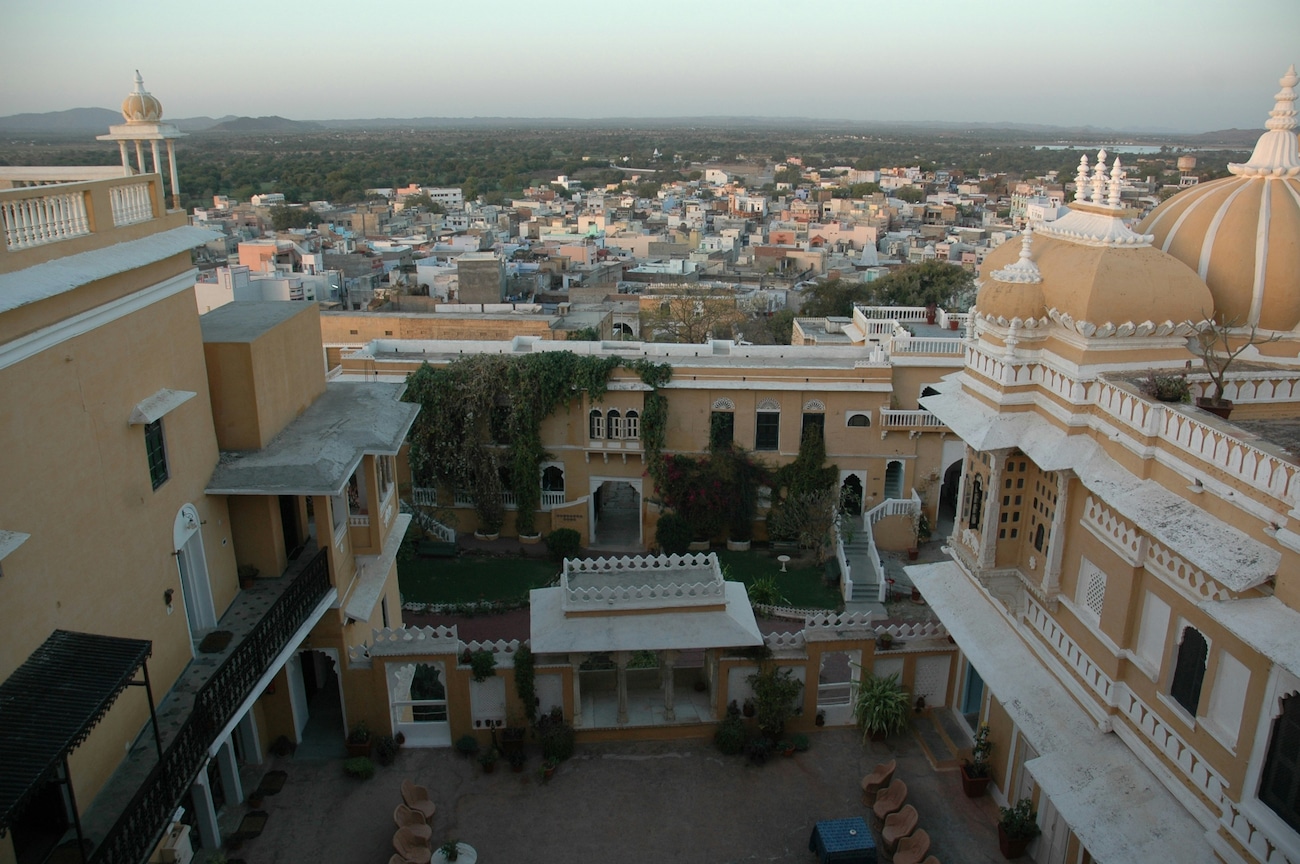



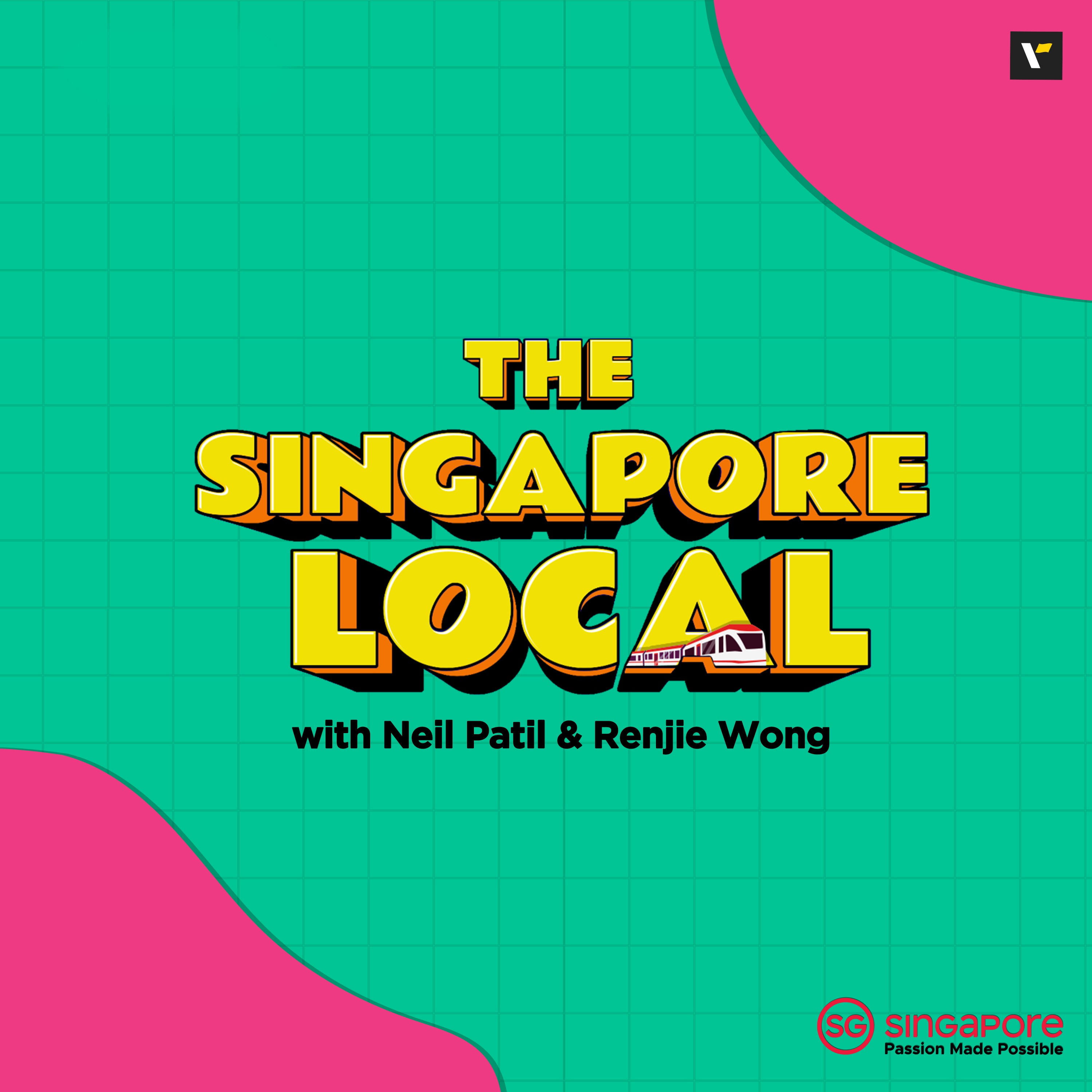
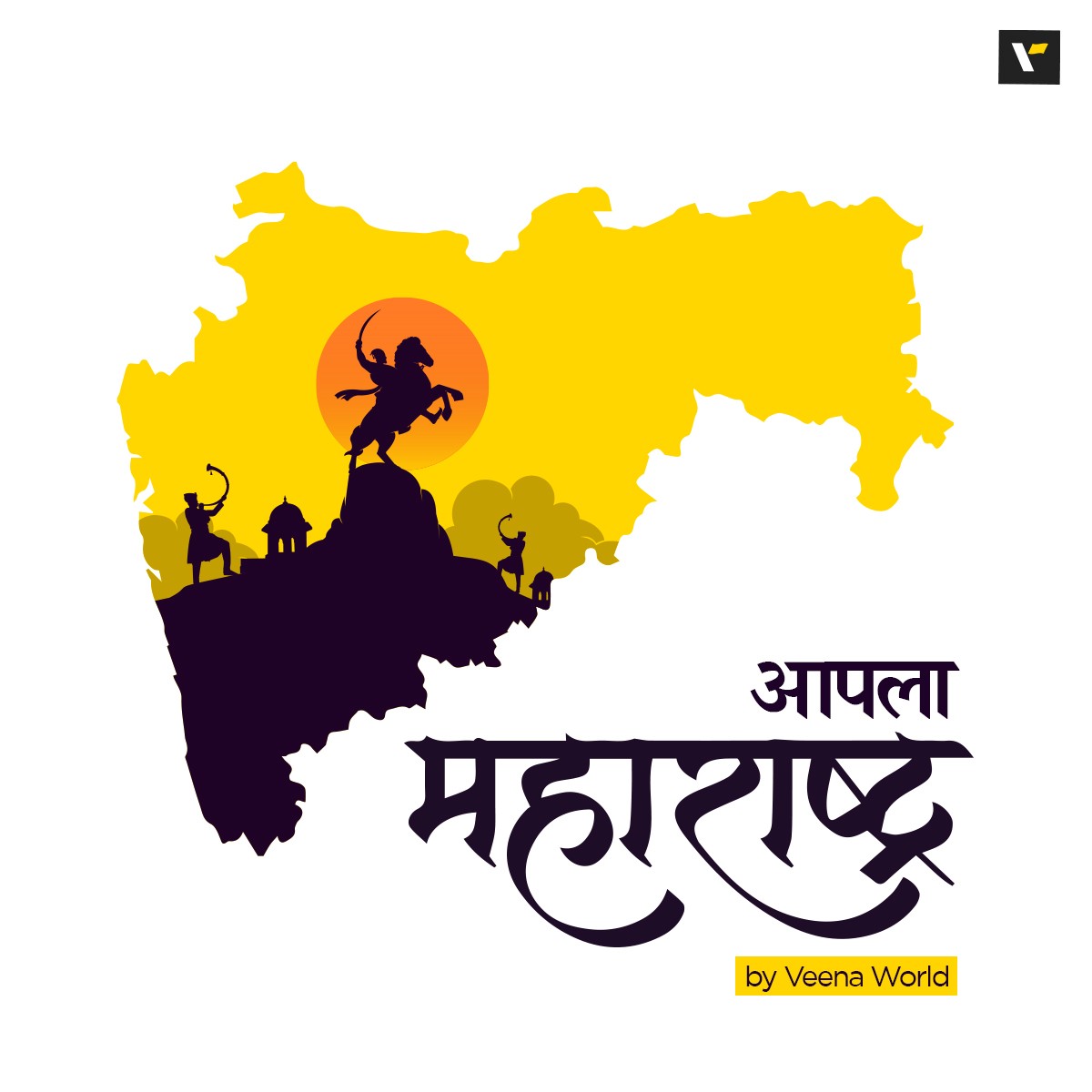











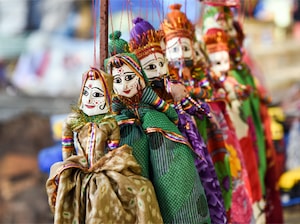

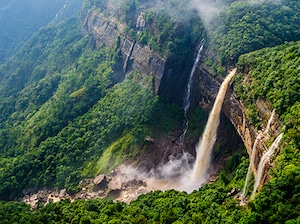
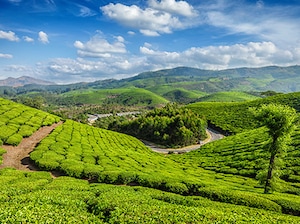
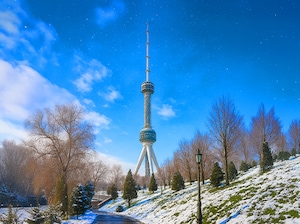
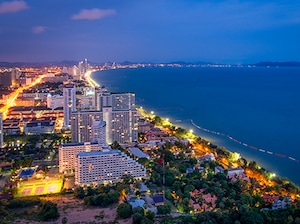

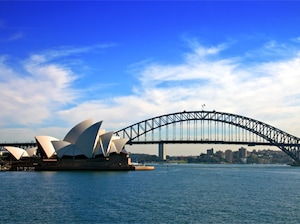
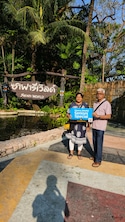


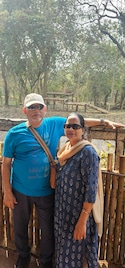




Post your Comment
Please let us know your thoughts on this story by leaving a comment.